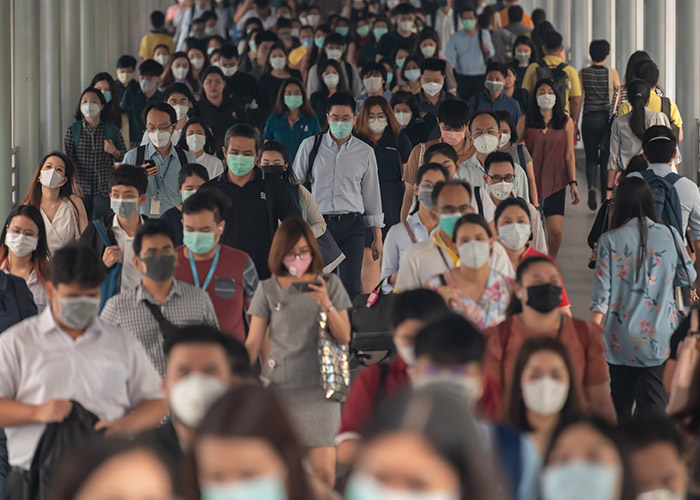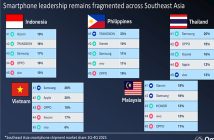
An Amnesty International report released this week says women and LGBTI activists in Thailand are being subjected to an online onslaught of abusive speech laced with misogynistic, homophobic and transphobic language, sexualized content and other forms of technology-facilitated gender-based violence.
The report, Being Ourselves is Too Dangerous, released on May 16, 2024, highlights how women and LGBTI activists have been unlawfully targeted with digital surveillance, including Pegasus spyware and online harassment, by state and non-state actors in a bid to silence them.
“Thailand has long positioned itself as a champion of gender equality and made various pledges at the international level to protect women’s and LGBTI rights,” said Amnesty International Regional Researcher for Thailand Chanatip Tatiyakaroonwong. “However, the reality is that women and LGBTI activists in the country continue to face severe gender-based violence facilitated by digital technology.”
The report is primarily based on in-depth interviews with 40 women and LGBTI activists, including many young activists and those living in the country’s Malay Muslim-majority southern border provinces.
As part of its research, Amnesty International interviewed nine of the 15 women activists confirmed to have been targeted in 2020 and 2021 by Pegasus, the highly invasive spyware developed by Israeli cyber technology company NSO Group. The report shows this targeted digital surveillance disproportionately impacted women and LGBTI activists.
Technical and circumstantial evidence, combined with the NSO Group’s policy of selling its products exclusively to governments, strongly points to the involvement of one or more Thai state actors in the cases where Pegasus was used. Thailand’s National Human Rights Commission shares the same assessment that a Thai government agency was involved in using the spyware.
Amnesty International also interviewed activists, including LGBTI individuals, who received alerts from Meta that their Facebook accounts were targeted by a “government-backed or sophisticated attacker”.
Amnesty International Thailand’s Executive Director Piyanut Kotsan was portrayed as a foreign agent trying to undermine the Thai government in coordinated online campaigns suspected to be initiated or supported by state or state-aligned actors.
Some activists faced violence in the form of doxing. The doxing appeared to be aimed at intimidating and discouraging activists from continuing their activism.
Many LGBTI activists in the Muslim community have faced violent online backlash for their activism. In one notable example, three Muslim transgender women activists received threats of violence after giving an online media interview about anti-LGBTI discrimination within their community.
Amnesty International found that digital violence created a chilling effect among many women and LGBTI activists who began self-censoring and, in some cases, disengaging from human rights work altogether.
Globally, more than half of women and girls are reported to have been abused and harassed online. Those facing further marginalization due to their sexual orientation, gender identity and/or expression and sex characteristics, and other forms of discrimination are disproportionately impacted.
The Thai government denied any involvement in the targeted digital surveillance and online harassment of women and LGBTI activists. However, the government did not express any willingness to investigate cases highlighted in the research.
Amnesty says that by not taking meaningful steps to protect activists, the Thai government has failed to meet their responsibilities under international human rights treaties to which Thailand is a state party.
“The Thai government must publicly commit to refrain, and protect activists, from the use of targeted digital surveillance and online harassment,” said Tatiyakaroonwong. “It must also investigate all cases of technology-facilitated gender-based violence against women and LGBTI activists and provide individuals who have been targeted with effective remedy.”
Amnesty International wants Thailand to ban highly invasive spyware and establish a human-rights-compliant regulatory system for other types of spyware. Until then, it should enact a global moratorium on the sale, use, export, transfer, and support of other forms of spyware.
NSO Group has also failed to fulfil its human rights responsibilities under international legal standards. Amnesty says the NSO Group must cease the production, sale, transfer, use and support of Pegasus or other similar highly invasive spyware. The company must also provide adequate redress to victims of unlawful targeted surveillance through Pegasus in Thailand.
Thailand will never be the haven for gender equality it often claims to be, unless the government and relevant private companies immediately take actions to end technology-facilitated gender-based violence,” said Chanatip Tatiyakaroonwong.





